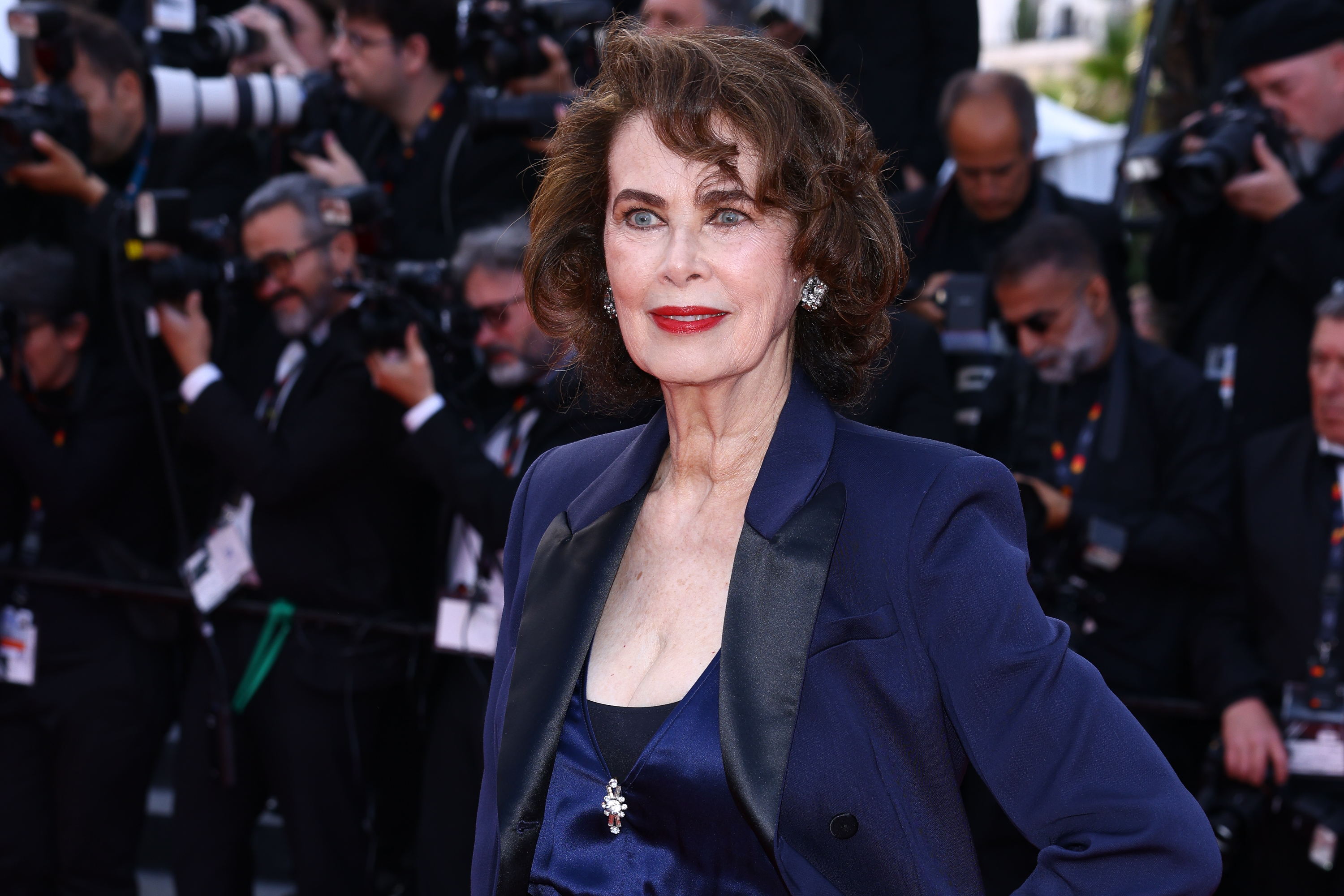One of my favorite political movies is Seven Days in May. In fact, I watched it on election night instead of All the President's Men, my usual choice as I await returns. Whether my candidate wins in each quadrennial presidential contest, in these two films (one fictional, the other historical), democracy triumphs, along with our constitutional structure.
In Seven Days in May, released in 1964, the joint chiefs of staff, led by General James Scott (Bert Lancaster), plot to overthrow the presidency of Jordan Lyman (Frederic March). Their indictment of the commander in chief rests on his signing a treaty with the Soviet Union to engage in mutual nuclear disarmament. Its unpopularity has plummeted President Lyman's approval rating to 25 percent. Scott's aide Colonel "Jiggs" Casey (Kirk Douglas) discovers the plan, informs the president, and together they foil Scott's tyrannical intentions to save the country from a "weak sister," as Lancaster's character labels the president to his face in their fraught Oval Office meeting.
Interesting, isn't it, that the worst offense General Scott can direct at the president is a reference to femininity, presumed to be a gender trait rendering its possessor incapable of leading and certainly not the equal of a testosterone-infused four-star general? The only female character in the film, other than the president's secretary, is a sultry Eleanor Holbrook (Ava Gardner), the love interest of both Lancaster and Douglas in the film. The president decides not to release incriminating love letters to Holbrook from the married Scott to bring him down. Instead, in a climactic press conference, President Lyman provides written documentation of Scott and the Joint Chiefs' unconstitutional scheme. One character missing from the film's plot is the vice president, who is said to be on a goodwill visit to Italy.

Why does this 60-year-old film continue to resonate this November of 2024? Despite running a flawless, if truncated, campaign, Vice President Kamala Harris could not overcome the "VP curse" (as I termed it in my Oct. 9 Newsweek column) and will now join from the modern era incumbent veep losers in presidential races (Nixon and Gore) and former vice presidents defeated for the Oval Office (Humphrey, Ford, and Mondale). Only sitting Vice President George H. W. Bush succeeded in winning the presidency since Martin Van Buren did so in 1836.
Yet gender undoubtedly played a role in Harris' defeat. How often opponents questioned whether she looked or sounded like a commander in chief. They didn't use the epithet "weak sister," but they may as well have, for that is what they meant. And let's not even consider those who believed her intellectually inferior, ignoring her informed and cogent speeches, interviews, and debate performance. Hillary Clinton faced similar gendered obstacles in her 2016 race for the White House.
Going all the way back to George Washington, dubbed the Father of Our Country even in his lifetime, the United States has no female model of presidential leadership. And note that many Christian evangelicals, as well as conservative Catholics, both groups largely Trump supporters, belong to primarily patriarchal churches and many organize their households accordingly. Will we ever elect a president we call the Mother of Our Country? Or will our first female commander in chief represent conservative ideology that will make her seem stronger and thus acceptable to fellow travelers?
Two concluding statements from the fictional president in Seven Days in May give me hope. He told an advisor that General Scott and the joint chiefs were not the enemy: "Even the very emotional, very illogical lunatic fringe, they're not the enemy. The enemy is an age. A nuclear age. It happens to have killed man's faith in his ability to influence what happens to him. And out of this comes a sickness. A sickness of frustration. A feeling of impotence, helplessness, weakness. And from this desperation we look for a champion in red, white, and blue. Every now and then a man on a white horse rides by, and we appoint him to be our personal god for the duration. For some men it was a Senator [Joseph] McCarthy. For others it was a General [Edwin] Walker."
Substitute "global" for "nuclear," and note that men's "feeling of impotence" transfers from 1964 to 2024. Instead of turning to anticommunist demagogues like McCarthy and Walker, today's isolationists vote for the latest "champion in red, white, and blue"—and orange.
The masterful actor Frederic March ended the film with a glimmer of optimism from the fictional president: "There has been abroad in this land in recent months a whisper that we have somehow lost our greatness, that we do not have the strength to win without war the struggles for liberty throughout the world. This is slander because our country is strong—strong enough to be a peacemaker. It is proud. Proud enough to be patient. The whisperers, the detractors, the violent men are wrong. We will remain strong and proud, peaceful, and patient, and we will see a day when on this earth all men will walk out of the long tunnels of tyranny into the bright sunshine of freedom." Let's all "picture this," as the movie's screenwriter, Rod Serling, would have intoned.
Dr. Barbara A. Perry is J. Wilson Newman Professor of Governance and Co-Chair of the Presidential Oral History Program at UVA's Miller Center. She co-edited The Presidency: Facing Constitutional Crossroads.
The views expressed in this article are the writer's own.




















 English (US) ·
English (US) ·